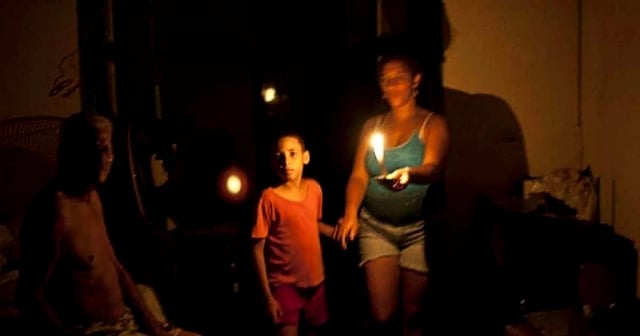The company SpaceX achieved an unprecedented milestone in the history of space exploration and aerospace technology this Sunday, by successfully conducting a test flight of its Starship rocket.
This rocket, the largest and most powerful ever built, not only successfully launched from the Boca Chica base in Texas, but the booster was also caught back by gigantic robotic arms on the same launch pad from which it took off.
It is a millimeter-precision act. It represents a giant step in the race for rocket reuse, and it is a key innovation that promises to make space exploration more accessible and less costly.
The world celebrates these advances in technology, while in Cuba the reality is very different. The island remains caught in an energy crisis that seems unending, with massive blackouts affecting the daily lives of millions of Cubans.
This is due, among other reasons, to having an obsolete infrastructure. The Cuban thermoelectric power plants (CTE), most of which were built between the 1960s and 1980s, suffer considerable wear and tear due to a lack of adequate maintenance and the age of their equipment.
Key thermoelectric plants such as Antonio Guiteras, Mariel, Renté, and Felton are examples of how the lack of investment in technology and renewable energies has left the country in a critical dependency on imported fossil fuels, primarily from Venezuela.
The situation worsens in the summer months when the demand for electricity increases due to the use of fans and air conditioning, and the system is unable to generate enough power, causing prolonged blackouts that limit economic activity and affect the quality of life of Cubans.
The world is already witnessing the bold reuse of rockets at SpaceX, but millions of Cubans can only look at the switch, hoping the lights will come back on, even though the stars are better seen in the dark.
What do you think?
COMMENTFiled under:
